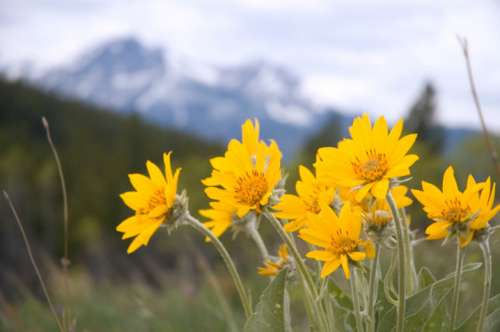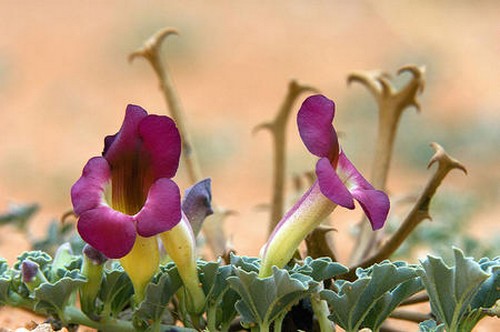Arnica and devil's claw represent two plant species traditionally known for their healing properties, with particular reference to the treatment of muscle and joint pain. Their beneficial properties in this sense have made it possible to use both species in phytotherapy, for the preparation of natural remedies suitable for the treatment of painful states, and more. Let's discover together the characteristics of these two portentous herbs,
Don't store avocado like this: it's dangerous
THEarnica andDevil's claw they represent two plant species traditionally known for theirs to the healing properties, with particular reference to the processing of muscle pain and articular. Their beneficial properties in this sense have made it possible to use both species in phytotherapy, for the preparation of natural remedies suitable for the treatment of painful states, and more. Let's find out the characteristics of these two wondrous herbs together.
Arnica

Arnica (Arnica montana) is a medicinal herb belonging to the Asteraceae family, recognizable by inflorescences of yellow and orange color and with lanceolate leaves. It is a perennial herbaceous variety, which grows spontaneously in mountain areas, also available in our country at an altitude between 500 and 2500 meters, a characteristic that makes it unavailable in the plains. Arnica montana is one protected species and for this reason, as regards its use on a large scale, it is combined with other varieties of arnica.
With the mountain arnica are prepared alcohol-based dyes which can be used for the treatment of bruises e muscle pain and articular. It is considered the best natural remedy for bruises, bruises and sprains. It is also always used in the form of tincture, for the treatment ofacne, paying attention that it does not come into contact with the mucous membranes. Arnica-based alcohol tincture should not be used pure, but diluted.
Since the mountain arnica is now considered a rare and protected plant, it is preferable to buy the dried flowers in herbalist's shop and use them later for the home preparation of a curative tincture, obtained by letting 100 grams of dried arnica flowers macerate in a glass containing 5 ml of alcohol for 10 days.
The tincture will have to be filtered afterwards. They will have to be dilute a few drops in 4 parts of water, which must be applied to the bruised areas, but without open and bleeding wounds, as a compress, with the help of gauze. It is recommendable consult your herbalist trustworthy to have information on the application and use of arnica-based tincture as much as possible in accordance with your health conditions.
Devil's claw

Devil's claw is the common name of Harpagophytum procumbens. It is a perennial herbaceous plant of the Pedaliaceae family, native to Southern Africa. The plant is used roots in phytotherapy, for the preparation of natural remedies for the treatment of problems that may affect the bones and joints. It is a use that has been known and implemented by the African populations for centuries.
The devil's claw is recognizable by its fleshy leaves, for the purple flowers and for the woody fruits, characterized by the presence of protuberances that resemble hooks or claws and from this aspect derives the common name of this medicinal plant, typical of desert and savannah areas.
Devil's claw is commercially available in several forms. It can be found in the form of dyeing, like arnica montana, but also in the form of herbal tablets which contain it as an active ingredient. It is also used for the preparation of herbal ointments, in which the devil's claw can be accompanied by the aforementioned mountain arnica, so that between the two plants a synergy is created for the treatment of muscle, joint and bruises.
Devil's claw is also used as a natural remedy for the treatment of inflammations, headache, backache, neck pain, tendonitis and arthritis. The most suitable treatments to be used may vary according to the pathology from which the body is affected and the patient's health condition.
Above all, they are attributed to the devil's claw anti-inflammatory properties e analgesics, which in many cases make it possible to use it in place of common drugs. The devil's claw can also act as antipyretic in case of fever, but it can be contraindicated for internal use in the event that you suffer from gastric or duodenal ulcers. It can also be not recommended in pregnancy. Herbal products based on devil's claw, for internal or external use, are easily available in herbal medicine.
Marta Albè


























